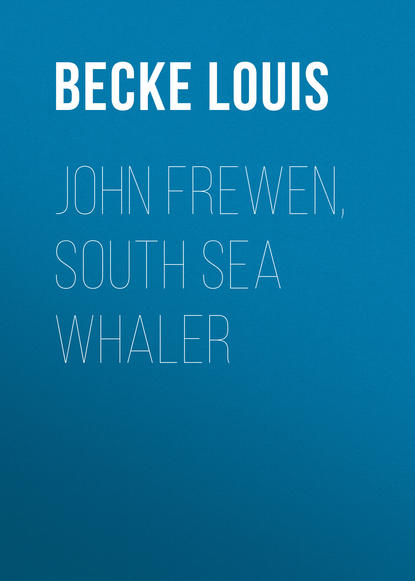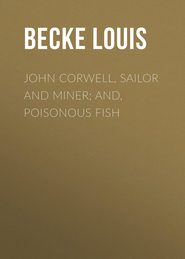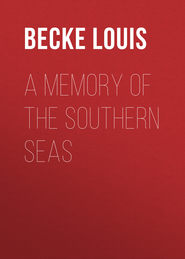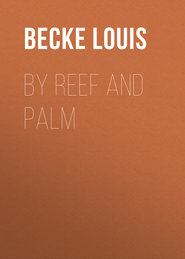По всем вопросам обращайтесь на: info@litportal.ru
(©) 2003-2024.
✖
John Frewen, South Sea Whaler
Настройки чтения
Размер шрифта
Высота строк
Поля
C
“What does it mean, Tom?” “Found. All well!” he shouted, and pitching his telescope clean over the tops of the wild orange-tree in front of the house, he rushed down to the beach, crying out the news as he ran.
Boats, canoes, and taumualuas by the score, all crowded with natives, who were shouting themselves hoarse, paddled furiously off to the ship; and ere her cable rattled through the hawse-pipe and the heavy anchor plunged down to its coral bed, her decks were filled with people, and Raymond, followed by the old chief Malie, was shaking hands warmly with “the missing princess” and her rescuer.
It is night at Samatau, and the two ladies are sitting on the verandah. The house is very quiet.
“Amy?”
“Yes, Marie, dear.”
“Tom was asking me this morning if you have yet made up your mind to go on building that house.”
“Oh, dear, Marie. I have hardly given it a thought since I came back—and I’ve only been back a week!”
“Amy?”
“Marie?”
“I suppose, dear, that Captain Frewen won’t give up the Esmeralda altogether when he goes to America to see his people. He will come back, will he not?”
Mrs. Marston blushed. “I—I think so, dear. Come inside, and I’ll tell you.”
THE END
notes
1
A wooden pole with a small pennon; used by whalers’ boats as a signal to the ship.
2
Chief—gentleman.
3
A whale-ship.
4
His full title, “Malië, warrior of Samatau.” The present King Malietoa of Samoa is a descendant.
5
A large native town on the south side of Upolu.
6
These boats are usually built from the wood of the breadfruit-tree. Not a single nail is used in their construction; every plank is joined to its fellow by lashings of coconut fibre.
7
A fact.
8
Note by the Author.—Nearly all Polynesians and Micronesians believed most firmly that the dissolution of soul from body always (excepting in cases of sudden death by violence or accident) occurred when the tide is on the ebb. From a long experience of life in the Pacific Islands, the writer is thoroughly imbued with and endorses that belief. The idea of the passing away of life with the ebbing of the tide will doubtless seem absurd to the European and civilised mind, but it must be remembered that an inborn and inherited belief, such as this, does, with many so-called semi-savage races, produce certain physical conditions that are well understood by pathologists.
9
It will doubtless strike the reader as being peculiar that an educated and refined woman such as I have endeavoured to portray in Mrs. Raymond would allow a servant to address her by her Christian name. But the explanation is very simple: In many European families living in Polynesia and in Micronesia the native servants usually address their masters and mistresses and their children by their Christian names— unless it is a missionary household, when the master would be addressed as “Misi “(Mr.) and the mistress as “Misi fafine “(Mrs.). The difference does not in the least imply that the servant speaks to the lay white man and his wife in a more familiar manner than he would to his spiritual teacher. No disrespect nor rude familiarity is intended— quite the reverse; it is merely an affectionate manner of speaking to the employer, not as an employer, but as the friend of the household generally. It is related of the martyred missionary John Williams, that a colleague of his in Tahiti once reproved a native youth for addressing Mr. Williams as “Viriamu” (Williams) instead of “Misi Yiriamu” (Mr. Williams), whereupon the pioneer of missionary enterprise in the South Seas remarked—” It does not matter, Mr. –, I infinitely prefer to be called ‘Viriamu’ than ‘Tione Viriamu Mamae’ (the Sacred, or Reverend, John Williams).”
10
Niué, the “Savage Island” of Captain Cook. The natives are always in great request as seamen. Even to the present day most of the trading vessels carry a few Niué seamen.
11
A “bluenose” is a sailor’s term for a Canadian or Nova Scotian.
12
Papalagi = foreigner.
13
Protector.











